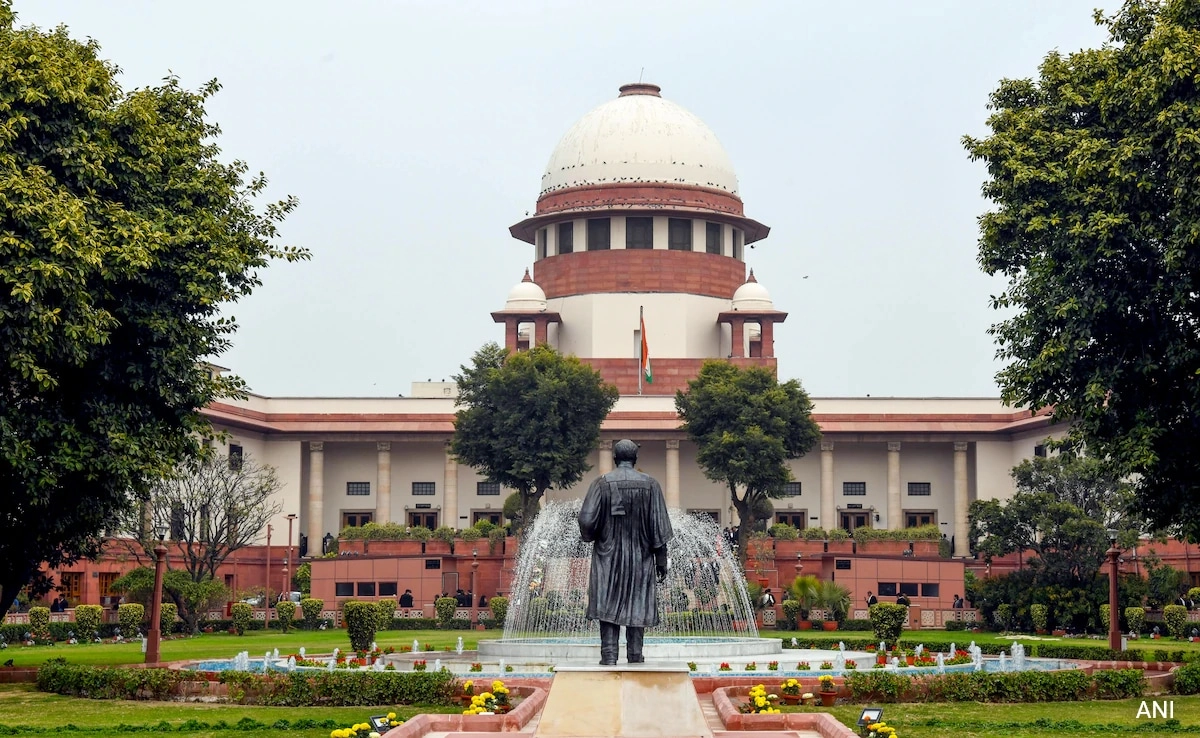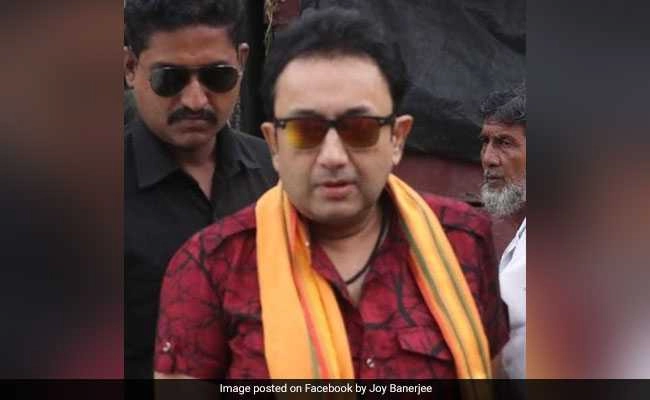The Supreme Court of India is set to hear a crucial plea regarding the restoration of statehood to Jammu and Kashmir on August 14. This case holds significant implications for the region, which has experienced a prolonged period of political uncertainty and administrative changes since the abrogation of Article 370 in August 2019. This constitutional change not only stripped Jammu and Kashmir of its special status but also bifurcated the region into two Union Territories: Jammu & Kashmir and Ladakh. The plea, presented by various petitioners, calls for the restoration of the state’s previous status, emphasizing the need for democratic governance and local autonomy in a region that has long been grappling with instability.
The Supreme Court’s decision to hear the case comes at a time when the people of Jammu and Kashmir are yearning for a return to normalcy and an end to the direct governance of the central government. The petitioners argue that restoring statehood is not merely a matter of political symbolism but a fundamental right that ensures the representation and participation of local populations in governance. They contend that the current Union Territory status undermines the democratic framework and deprives the residents of their rights to self-governance, which is essential for addressing the unique challenges faced by the region.
As the hearing date approaches, various stakeholders, including political leaders and civil society organizations, are closely monitoring the developments. The issue of statehood in Jammu and Kashmir has been a contentious topic, with differing opinions on the implications of such a restoration. Supporters of the plea assert that returning to statehood would empower local leadership and facilitate better governance, while critics argue that the current status allows for more direct intervention from the central government, which they believe is necessary for maintaining stability in the region.
The Supreme Court’s ruling will likely have far-reaching consequences, not only for the political landscape of Jammu and Kashmir but also for the broader discourse on federalism and autonomy within India. As the nation prepares for the court’s decision, there is a palpable sense of anticipation among the people of Jammu and Kashmir, who hope for a resolution that acknowledges their aspirations for self-determination and effective governance. The outcome of this case may pave the way for a new chapter in the region’s history, potentially restoring a sense of agency to its residents and addressing the longstanding grievances that have shaped their collective experience in recent years.




